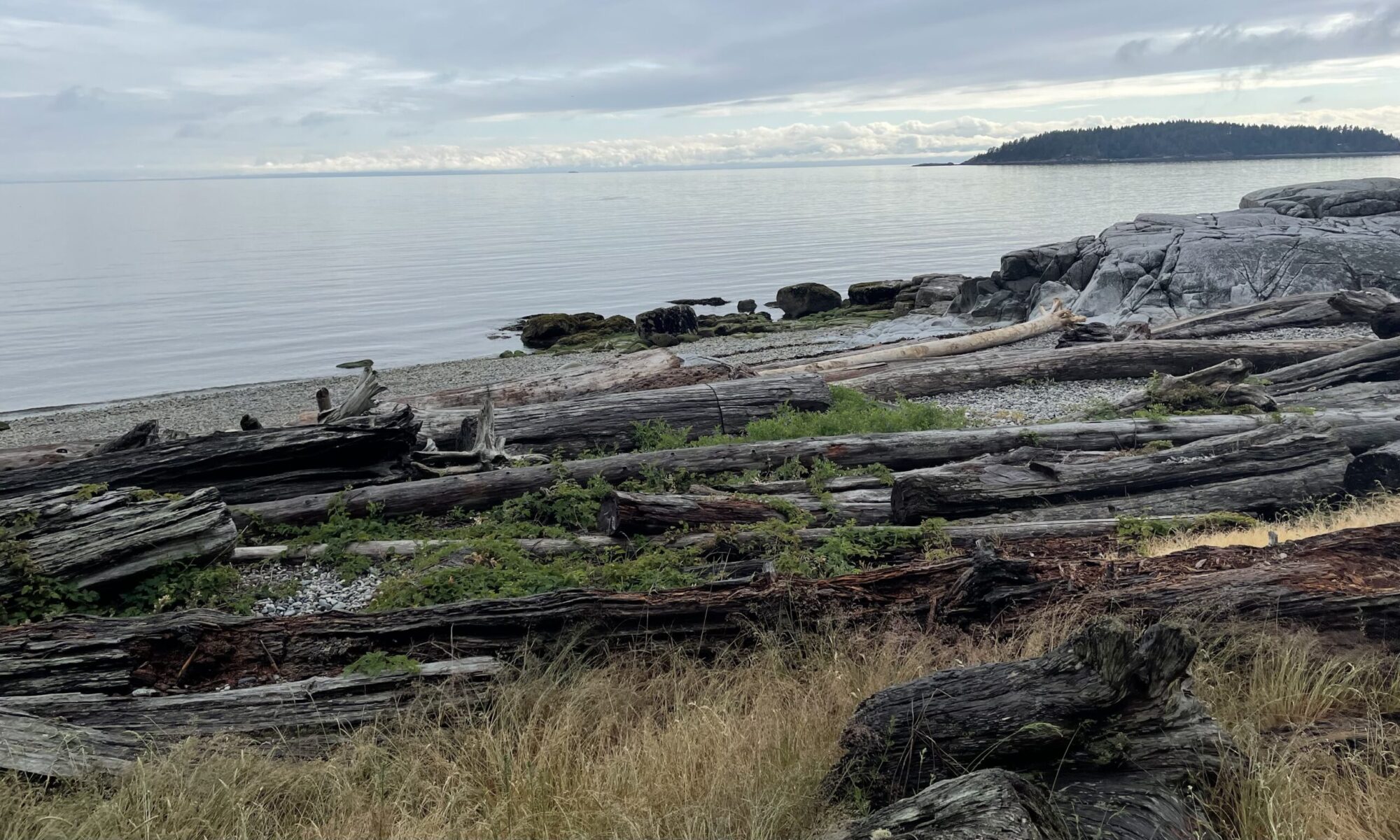Women increasingly earn advanced degrees in science, technology, and mathematics (STEM), yet remain underrepresented among STEM faculty. Much of the existing research on this underrepresentation relies on “chilly climate” and “pipeline” theoretical models to explain this phenomenon. However, the extent to which these models follow women’s actual career pathways has been undertheorized. Further, alternative metaphors may more aptly describe the career pathways of women STEM faculty. In our broader research project, we examine the ways women’s career pathways into STEM faculty positions are similar to and/or different from chilly climate and pipeline models, and if they vary based on race and/or ethnicity. At present, we focus on the ways oral histories and participatory research methods allow us to model the career pathways of women STEM faculty.
Our goal is to illustrate how oral history and participatory research are effective methods to:
- identify women’s career pathways into STEM faculty;
- compare and contrast career pathways to climate and pipeline metaphors as well as discover new metaphors;
- identify critical points in women’s career pathways; and
- discover new information about women’s paths into STEM faculty.
We describe early results from a set of semi-structured interviews of women faculty in STEM disciplines collected as part of research done through an ADVANCE grant, a NSF- funded project intended to achieve improved career success for women faculty in STEM disciplines. Interviews begin with oral histories that give context, depth, and structure to women’s pathways into STEM faculty careers. Through participatory research methods, we tell participants the goals of the research and ask them to discuss, challenge, and suggest ways institutions may improve career success for women STEM faculty. Taken together, career pathways are modeled and compared with chilly climate and pipeline models. This innovative methodological approach will inform policy, recruitment procedures, and ways to retain women faculty.
Download the paper: 2010 Hoegh & Pawley
Presentation coming soon.

